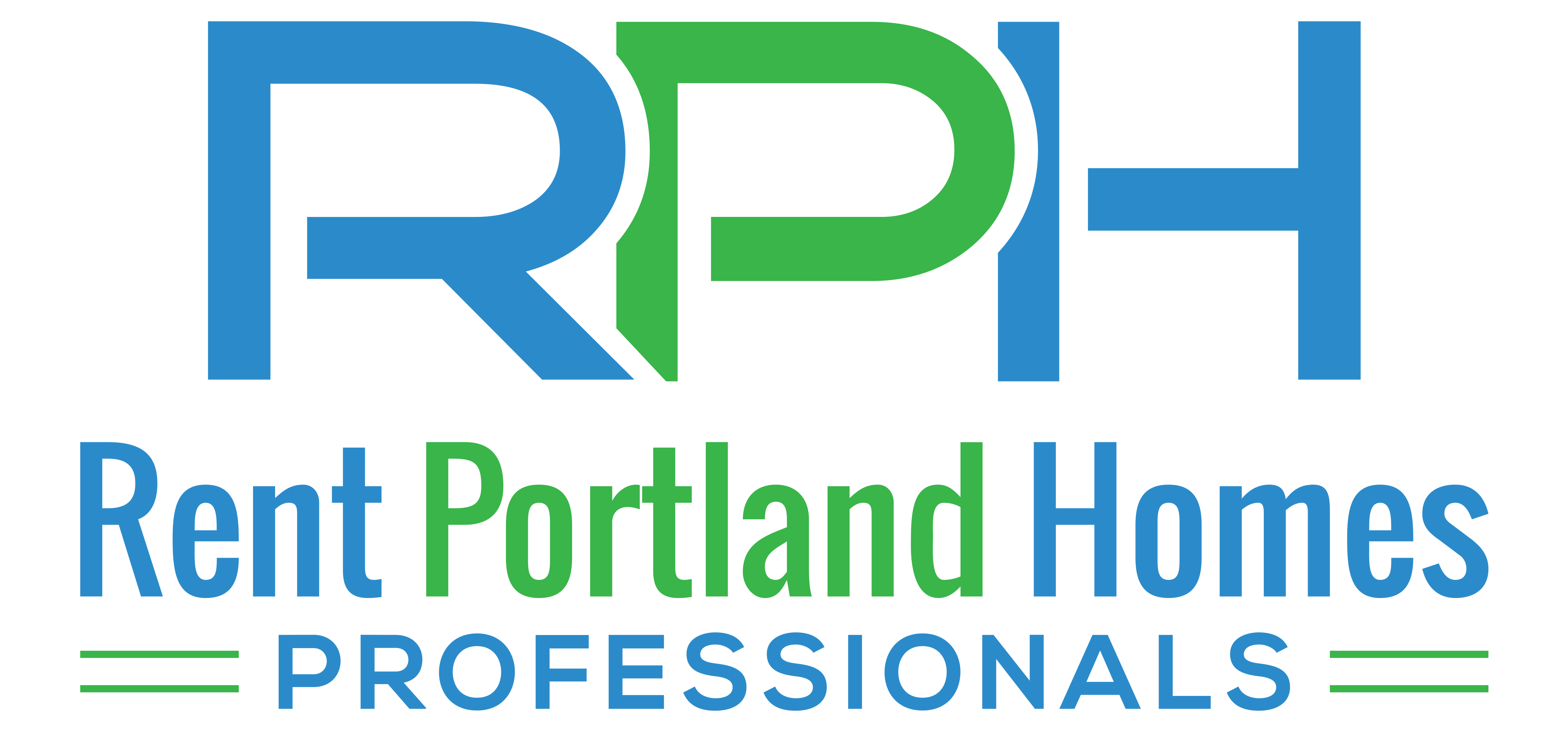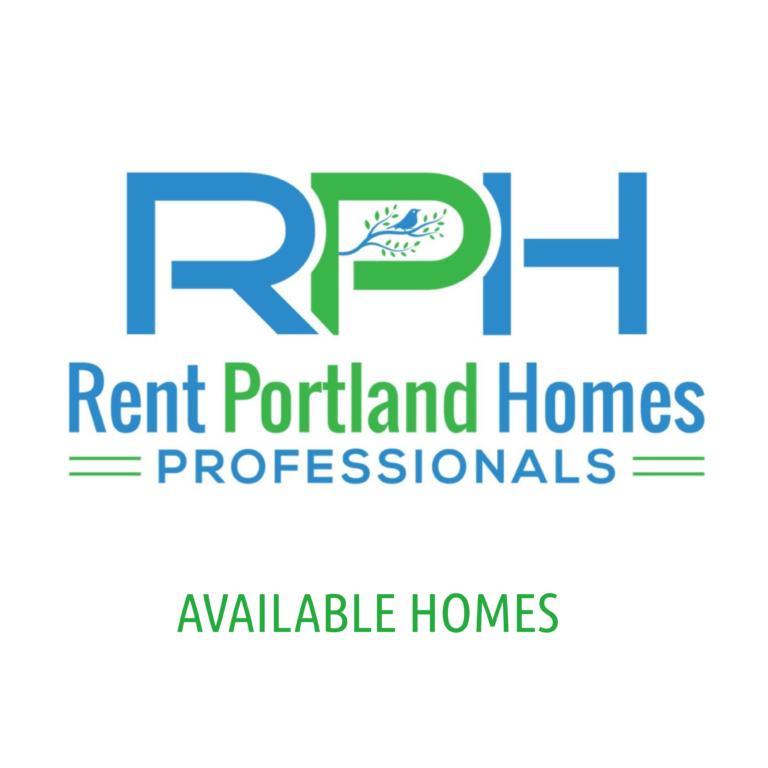Mold in rental property? Who is responsible?

Mold in rental property can be very frustrating for both landlords and tenants to deal with because neither side likes to be viewed as responsible for cleaning it up.
The big question is who is responsible for mold growth? Is it the landlords or tenants responsibility?
In this article, we will answer this question and offer you several tips that you can use for dealing with mold growth in your rental property.
What Causes Mold In Rental Property?
Molds need moisture to grow. Some household situations that lead to mold growth include:
- Clogged gutters and downspouts
- Leaky plumbing
- Leaky roofs
- Using hot water without venting the steam to outdoor air.
Also, when indoor air is warmer than outdoor air, moisture can collect on cold surfaces like singlepane windows, uninsulated walls, pipes and roofs.
Should I test for mold or have mold samples from my home tested?
Generally it is not helpful to test for mold in your home. There are no standards to judge “safe” levels of indoor mold. Therefore, testing cannot tell you if the amount of mold detected will harm your health. Typically if you can see mold or smell musty odors, you have a mold problem.
Can the government inspect my home for mold?
County and state public health departments do not have resources for inspecting private homes or testing for mold.
What should I do if I have moldy conditions in my home?
- The key to mold control is moisture control. If mold is a problem in your home, clean up the mold and fix the water problem.
- Keep indoor humidity at 30 to 60 percent.
- Use air conditioners and/or dehumidifiers to reduce moisture in the air.
- Use exhaust fans to pull indoor moisture (from cooking, dishwashing, showering and laundering) outside.
- Inspect and repair your ventilation system.
- Increase air circulation by moving furniture several inches away from the walls.
- Remove carpeting in areas where there is ongoing moisture (from cooking, sinks, bathtubs and showers).
Preventing household mold
- Install double-pane windows or insulation to keep moisture from collecting on cold surfaces.
- Inspect and repair leaks in roofs, gutters, foundations and plumbing.
- If you rent, consider taking pictures of moisture problems and documenting the situation with your landlord.
- Review Home Moisture Problems (pdf) by the Oregon State University Extension Service.
Who Is Responsible For Cleaning It Up?
Landlords in Portland, and across Oregon, are responsible for keeping their rental properties in habitable condition, and avoid mold in rental propeert. This means that if the presence of mold is detected, in extreme cases, the landlord should clean it up but in cases of mold that can easily be cleaned away, a landlord must offer their tenant tips on how to clean the mold up.
For more property management tips, or to speak with us about our property management services, contact us today by calling (503) 646-9664 or click here to connect with us online.






